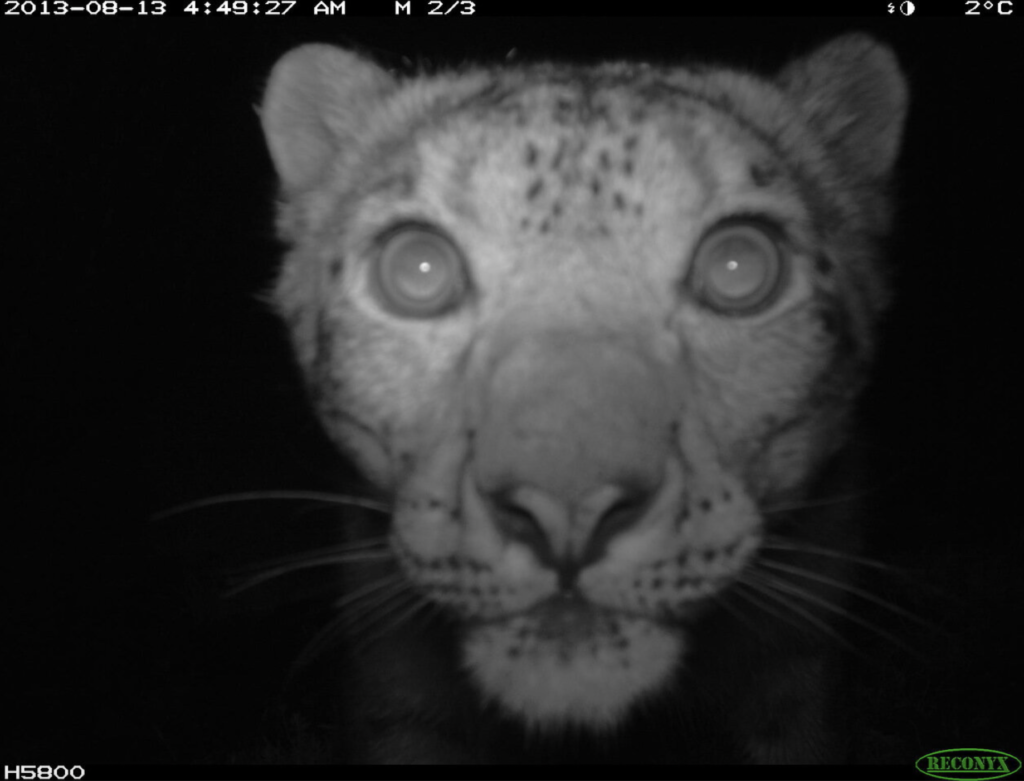Welcome to the Snow Leopard Network’s (SLN) first Summer online research and conservation exchange course. It consists of a series of mini-modules, each for 2 hours, in which participants build their skills and knowledge on a range of critical snow leopard related conservation tools.
The 2022 mini-module themes were chosen based on feedback from SLN members. Our Resource Team are individual and organisational members from the Snow Leopard Network, drawing on their extensive knowledge and experience. We are very appreciative of our Resource Team finding time to join us in this effort and we look forward to members taking advantage of this exceptional opportunity. Enjoy the sessions and feel free to share your feedback!
“By analysing the many facets of conservation, this course will help researchers employ interdisciplinary solutions to address the complexities of studying snow leopards and engaging communities in conservation projects.”
2022 participant
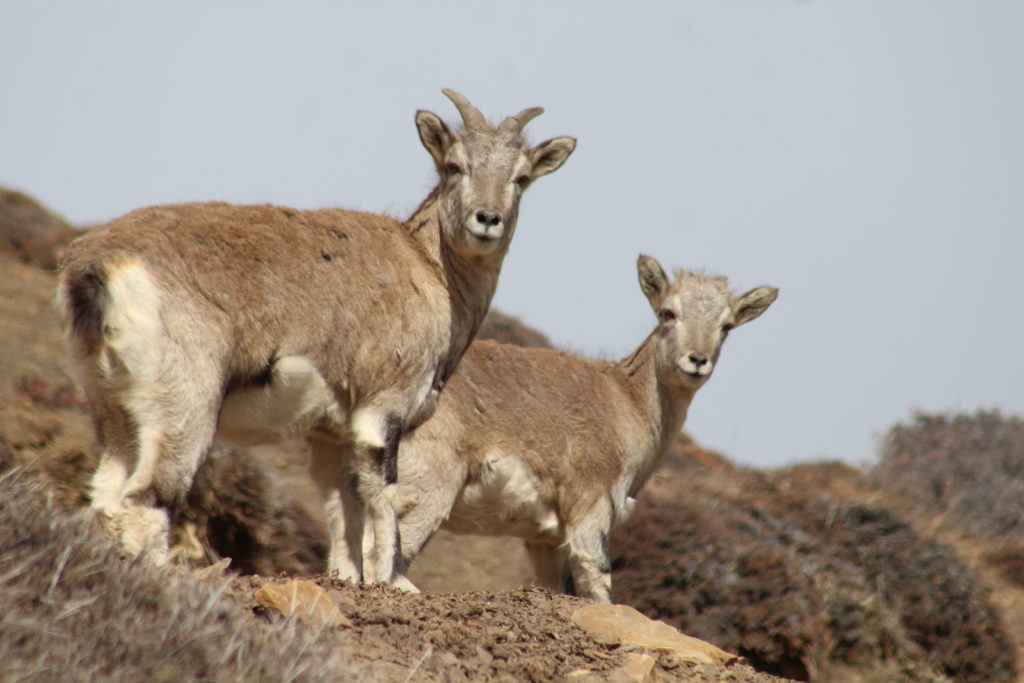
Week 1: Mountain Ungulates
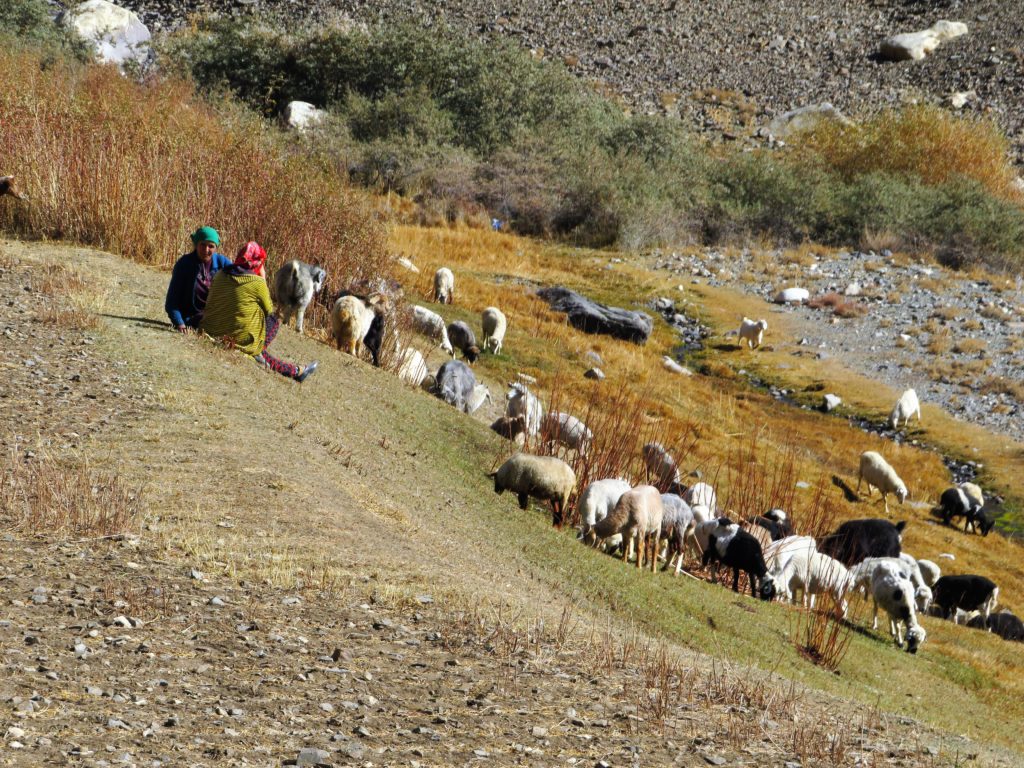
Week 2: Climate Change
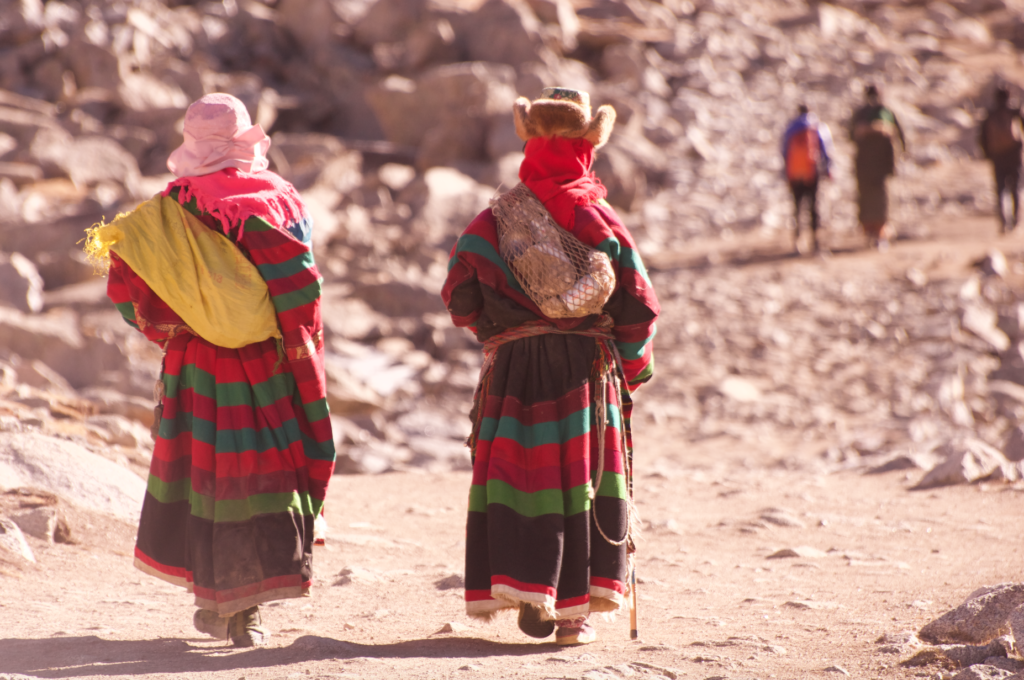
Week 3: Participatory methods/right-based approaches to research and conservation
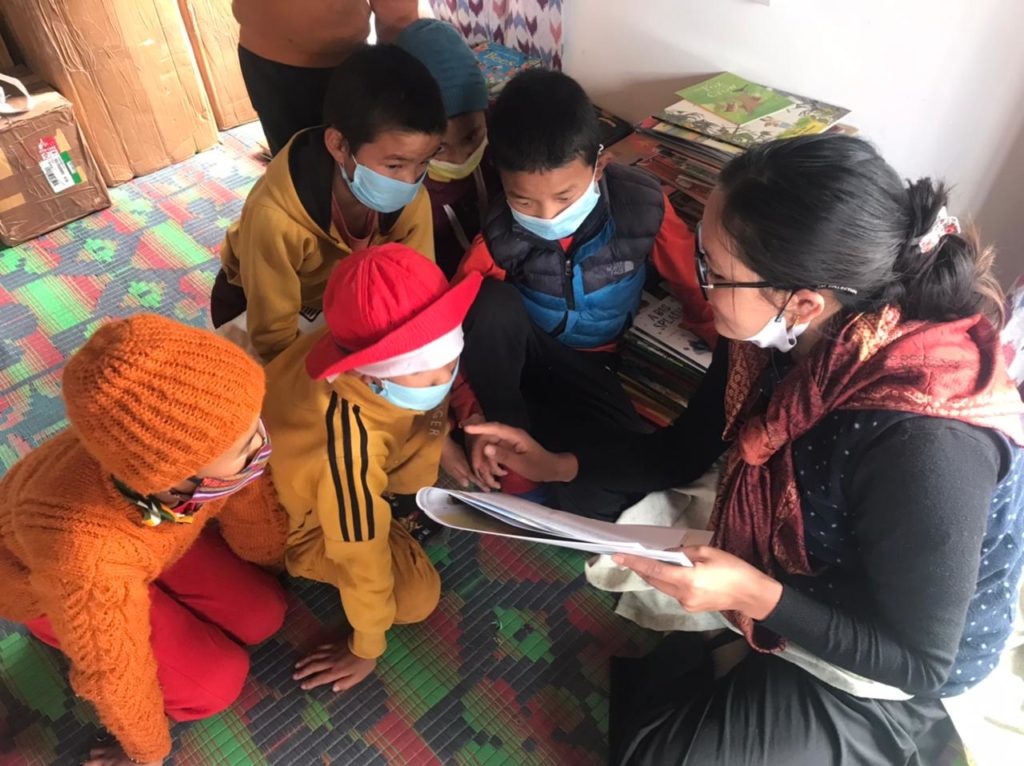
Week 4: Community Conservation
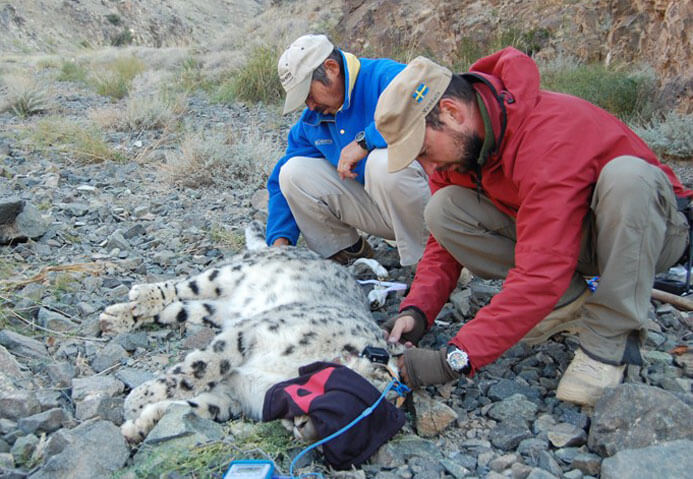
Week 5: Identify Carnivore Signs
